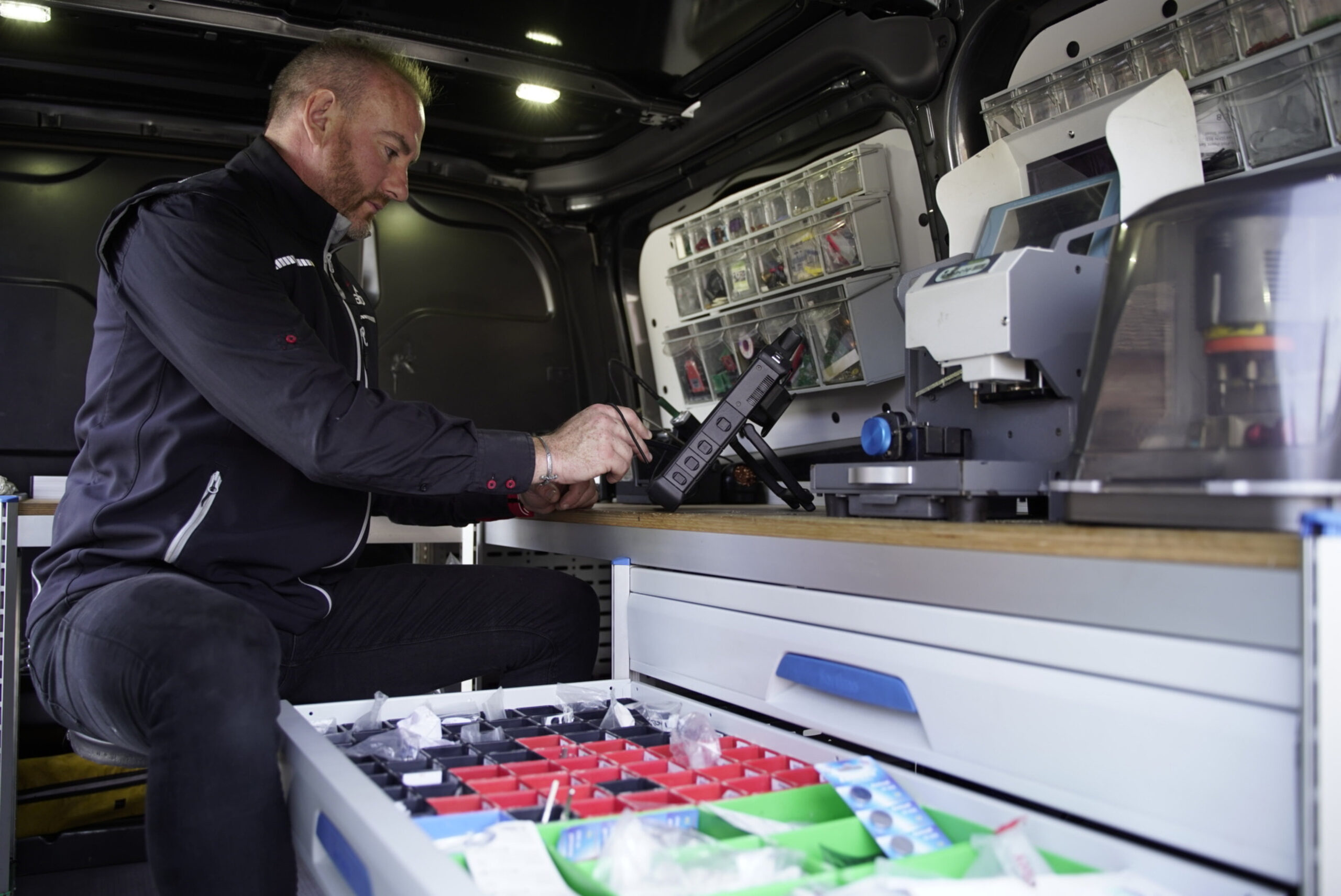
Understanding Vehicle Key Replacement: A Comprehensive Guide
Vehicle key replacement is an important service that lots of vehicle owners experience at least once in their lives. Whether it's due to a lost key, a malfunctioning fob, or the requirement for a spare, understanding the key replacement procedure can conserve time, money, and frustration. This article will check out the intricacies of vehicle key replacement, types of keys, expenses, and frequently asked questions to help vehicle owners make informed decisions.
Kinds Of Vehicle Keys
Before diving into the replacement process, it is vital to comprehend the different types of vehicle keys readily available today. Each type has its own special features and replacement protocols.
1. Traditional Mechanical Keys
- Description: Simple, metal keys that operate by placing them into the ignition and turning.
- Replacement: Can be quickly duplicated at a hardware store or locksmith professional.
2. Transponder Keys
- Description: Keys embedded with a microchip that interacts with the vehicle's ignition system for included security.
- Replacement: Requires configuring to sync with the vehicle, frequently done through a dealer or specialized locksmith.
3. Key Fobs
- Description: remote car keys replacement control gadgets that can lock/unlock doors, start engines, and offer other features.
- Replacement: Typically requires a visit to a replace car key fob dealership for coding; some locksmith professionals likewise offer this service.
4. Smart Keys
- Description: Advanced keys that enable keyless entry and engine start through proximity sensors.
- Replacement: Usually needs dealership intervention due to the complex shows involved.
5. Keyless Ignition Systems
- Description: Systems that use a push-button start system rather of a standard key.
- replacement car key service: Replacement keys should be set to the specific vehicle design and typically require dealership support.
| Key Type | Description | Replacement Method |
|---|---|---|
| Traditional Key | Easy metal key | Hardware store/locksmith |
| Transponder Key | Key with ingrained microchip | Dealership/specialized locksmith |
| Key Fob | Remote control device | Dealership/locksmith |
| Smart Key | Keyless entry system | Dealership only |
| Keyless Ignition | Push-button start mechanism | Dealer only |
The Vehicle Key Replacement Process
Finding yourself in need of a vehicle key replacement can be a trouble. Below is an in-depth process to follow to ensure a smooth replacement experience.
Step 1: Identify Your Key Type
Determine which type of key you need to comprehend your replacement alternatives much better. This information is important as it significantly influences the overall process and expense.

Action 2: Gather Necessary Information
Gather the appropriate info, including:
- Vehicle make, design, and year
- Vehicle Identification Number (VIN)
- Proof of ownership or registration
- Motorist's license
Step 3: Choose a Replacement Method
Options:
- Dealership: Usually offers the most reputable service however can be more expensive. Great for shows and advanced keys.
- Locksmith: Often a more economical option, especially for standard keys and transponders. Guarantee that the locksmith professional is experienced in automotive services.
- Do it yourself Solutions: For simple mechanical keys, replicating can be done in your home or at local hardware shops that provide key duplication services.
Step 4: Get a Quote
Contact the picked company (dealer or locksmith professional) to get a quote. This often includes providing details about your vehicle and the type of key needed.
Step 5: Schedule an Appointment
As soon as you have picked your provider and got a quote, established an appointment for the replacement service. Make sure to ask about the time needed for shows if relevant.
Action 6: Complete the Transaction
At the visit, bring all essential info and documents. After the replacement is finished, check the brand-new key to ensure it functions properly.
Action 7: Consider Spare Keys
After replacing or obtaining a brand-new key, it's wise to consider getting spare keys made to avoid future incidents.
Expense of Vehicle Key Replacement
The following table describes the average expenses associated with various types of vehicle key replacements (online).
| Key Type | Typical Replacement Cost | Time Required |
|---|---|---|
| Traditional Key | ₤ 1 - ₤ 10 | 10 - 30 minutes |
| Transponder Key | ₤ 75 - ₤ 300 | 30 - 60 minutes |
| Key Fob | ₤ 50 - ₤ 600 | 1 - 2 hours |
| Smart Key | ₤ 200 - ₤ 500 | 1 - 2 hours |
| Keyless Ignition | ₤ 300 - ₤ 750 | 1 - 3 hours |
Notes:
- Costs might differ based on the vehicle make, design, and geographical location.
- Additional costs might be incurred for on-site services or emergency calls.
Regularly Asked Questions (FAQs)
1. The length of time does it require to replace a vehicle key?
The time needed for replacement varies depending upon the type of key and chosen supplier. It can take anywhere from a couple of minutes for standard keys to numerous hours for complex wise keys.
2. Can I replace my key myself?
For traditional keys, yes, they can quickly be copied at hardware shops. Nevertheless, transponder and smart keys frequently require specialized programming, demanding professional help.
3. Is it more expensive to replace a lost key compared to a broken key?
Generally, yes. Changing a lost key often includes configuring a brand-new key from scratch, while a broken key may only need a replicate or minor repair work.
4. What should I do if my key fob stops working?
Check the battery first; if that doesn't resolve the problem, think about seeking advice from a locksmith professional or dealership, as the fob might require reprogramming.
5. How can I prevent losing my keys in the future?
Consider utilizing key trackers, setting designated spots for key storage, and always returning keys to the exact same location after use.
Vehicle key replacement might seem difficult, but comprehending the process, types of keys involved, and prospective expenses makes it more manageable. By knowing your choices and preparing sufficiently, vehicle owners can guarantee a smooth replacement process the next time they face the obstacle. While it might be a hassle, appropriate insight and planning can help lessen the interruption that includes losing or requiring a new vehicle key.






